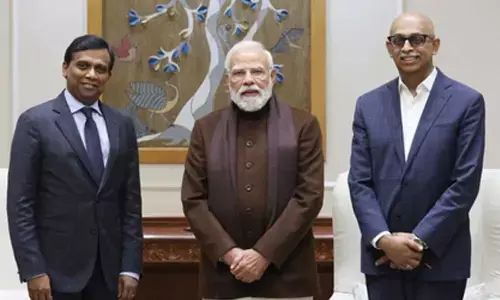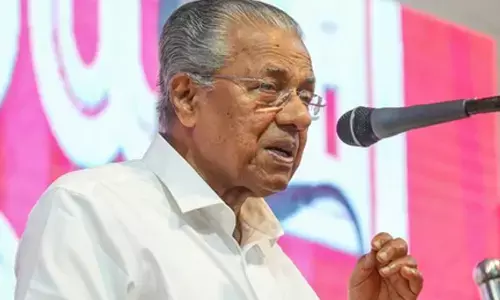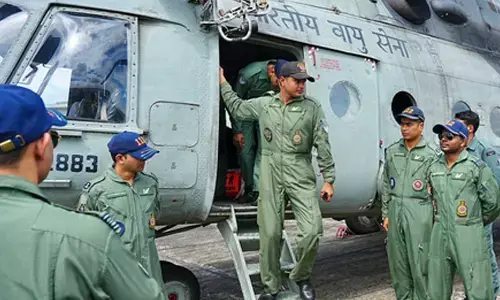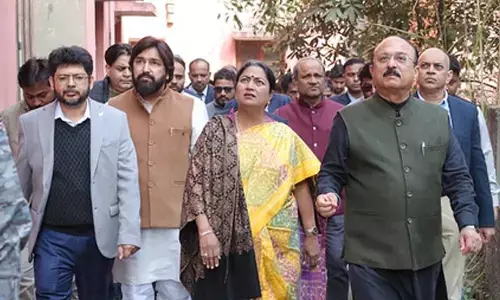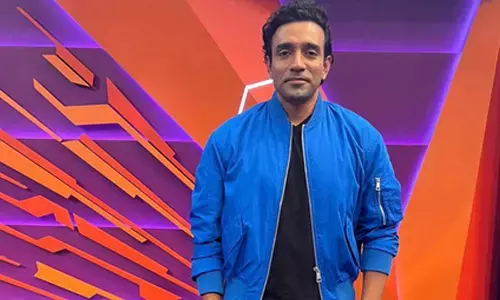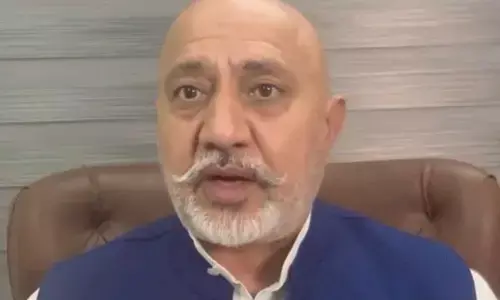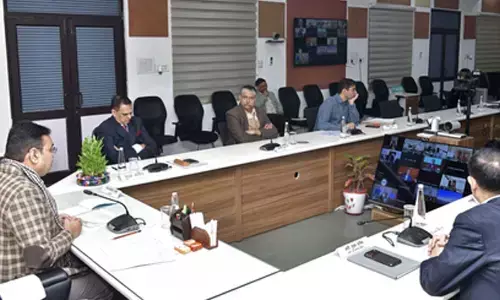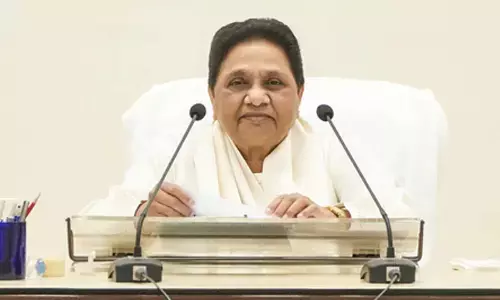Women panel weighs pros, cons of draft policy

Various women activists and members of women’s organisations and NGOs met for a discussion organised by ‘Action Aid’ on Tuesday, where they discussed the pros and cons of the Draft National Policy for Women, 2016 which was recently unveiled by Union Minister Maneka Gandhi, and offered suggestions.
Hyderabad: Various women activists and members of women’s organisations and NGOs met for a discussion organised by ‘Action Aid’ on Tuesday, where they discussed the pros and cons of the Draft National Policy for Women, 2016 which was recently unveiled by Union Minister Maneka Gandhi, and offered suggestions.
- Says Draft National Policy on Women too generic to be effective
The members were unanimous in their opinion that the draft policy appeared to be too generic, without any focus or a clear implementation mechanism in place. The policy draft which was released in May is being revised after 15 years, and is expected to guide government action on women’s issues over the next 15-20 years. The government had invited comments and suggestions on the new policy.
The policy draft is divided into priority areas including health, education, economy, agriculture, industry, labour and employment, service sector, science and technology, governance and decision making, violence against women and enabling environment. In addition to suggesting a more focused approach with clarity over the deliverables, the members discussed several issues that needed attention, and gave their recommendations, which will be compiled and sent to the Ministry of Women and Child Development, for consideration.
Among the many issues addressed in the policy draft, a key one is regarding the shifting of focus from female sterilization to male sterilization. The members agreed that the focus should shift away from sterilization to providing various choices in contraceptives, as in developed nations.
Decrease in hysterectomy operations, alternate nutrition by provision of millets etc, health cards for women, special ambulance facilities for pregnant women, strengthening of Anganwadi workers with continuous training, and strengthening of laws to protect surrogate mothers are a few of the recommendations, the members hope to be included in the policy.
As regards the education sector, the members strongly supported strengthening of government schools and advised against rationalisation of schools based on 30:1 ratio, as remote tribal hamlets may not then fit the bill, and will therefore be deprived of primary education.
Sex education in schools, ensuring adolescent girls between ages 14 and 18 too are addressed in the process, colleges and schools at every mandal where girl students can stay and study and giving ID cards to migrant children were some of the other proposals. Improving the efficiency of government school teachers was another focus area suggested by the members.
Anjaneyulu and Kalpana from Action Aid, social activists Ashalatha, Ambika and Sajaya from CCC, Dr Rukmini Rao from Gramya and cultural activist Devi were among the many who participated in the discussion.








